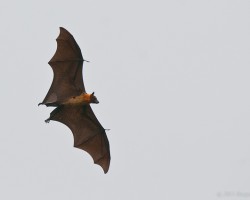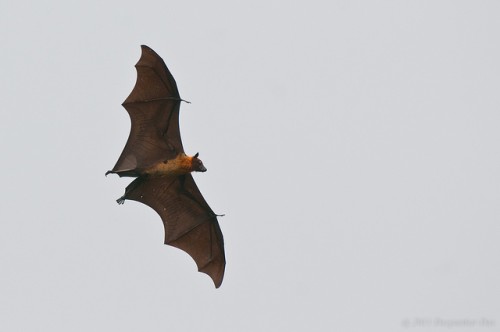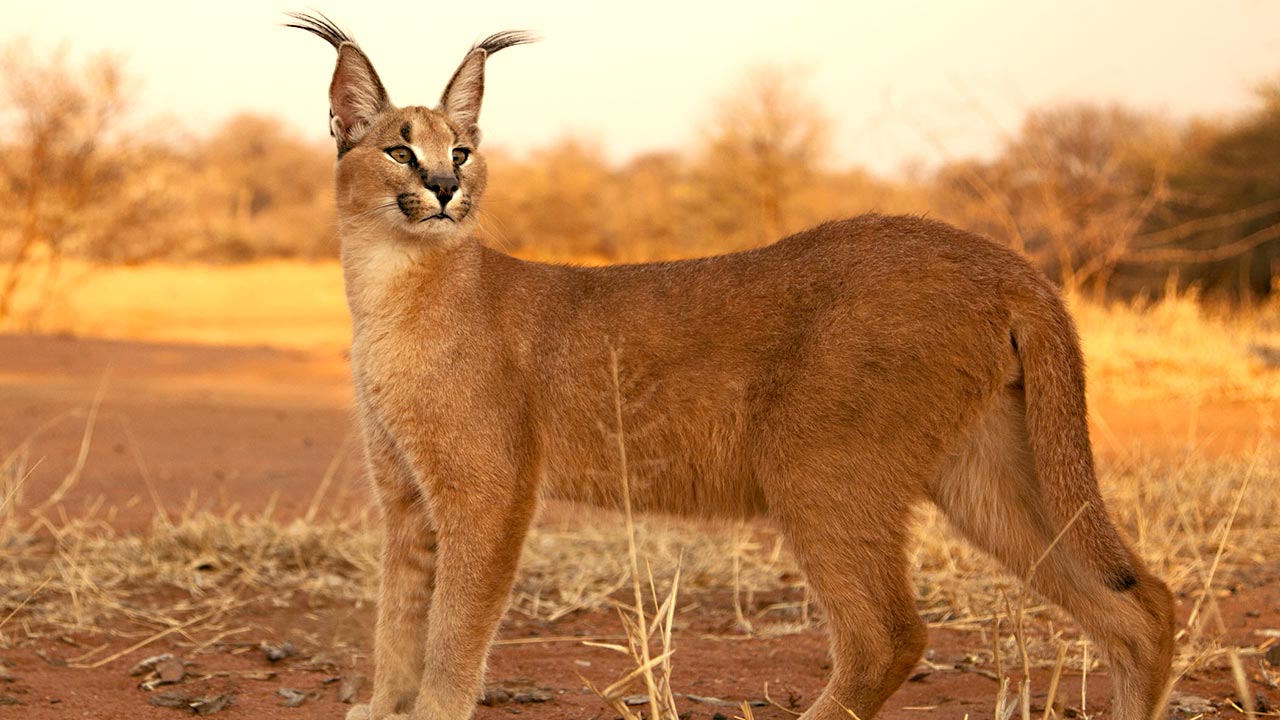Gotham City might be under the comic hero Batman’s protection but who is to protect the eponymous bat species from possible extinction? In the state of Karnataka in India indiscriminate destruction of their natural habitat is putting bats in grave danger everyday.
The state, which is home to one-third of the bat species found in the country (39 to be specific), is steadily losing these winged mammals due to rampant habitat destruction. In fact, the Kolar leaf-nosed bat (Hipposideros hypophyllus) which is a rare and endemic bat species, hasn’t been sighted in the state for over a decade now. This has caused scientists and researchers alike to fear that the species might have gone extinct.
Looking at current trends in population decline of the bats, experts from the Bat Conservation India Trust (BCIT) have warned that if we don’t make efforts to conserve the natural habitats of these species, they might soon vanish from the state.
“We intend to gather data on the various roosting sites across India and monitor the population status on a regular basis by involving volunteers, researchers, naturalists in the project,” said Rajesh Puttaswamaiah, founding trustee, BCIT.
The trust been engaged in efforts to identify, document, and map various roosting sites as well as species diversifications in the southern Karnataka region, with plans to follow up with broader surveys in the northern and western regions of the state in the near future.
Lost Homes
Bats usually roost in trees, tree holes, rock crevice, caves, abandoned ruins, and even old temples. In view of the current rate of deforestation for the sake of development, bats are increasingly losing their natural habitat. Moreover, renovation of old temples, while necessary, is also unintentionally affecting the bat populations in the state.
Furthermore, mining of limestone and quarrying of granite also pose a serious threat to these cave-dwelling mammals. For instance, Savanadurga,a small hillock west of Bangalore that is home to four bat species, is currently facing rampant quarrying on all sides.
To make things worse for these nocturnal creatures, fruit bats – which make up a large segment of the bat species-do not enjoy any legal protection as they come under the vermin category under Schedule V of the Wildlife Protection Act 1972. In fact, only one particular insectivorous species that is found in the Barapede caves near Bhimgad Wildlife Sanctuary is eligible for legal protection under the above mentioned act.
FACT FILE
- Bats neither attack humans nor feed on human blood.
- Bats usually avoid human contact as they consider them to be a threat.
- Only three species of bats worldwide are known to drink animal blood.
- All three of these species are endemic to South America and parts of Mexico.
- Most bat species feed on fruits, nectar, and small insects.
- Fruit-eating bat species help pollinate flowers.
- Many tropical plants completely depend on bats for seed distribution.
More Related Stories,
Not Just Rhinos, Reptiles and Amphibians too Thrive at Manas National Park
Scientists Find World’s Highest Number of Song Birds in Himalayas
Mobile App to Assist Tiger Tracking in Bandipur Park







Thanks for brief details.